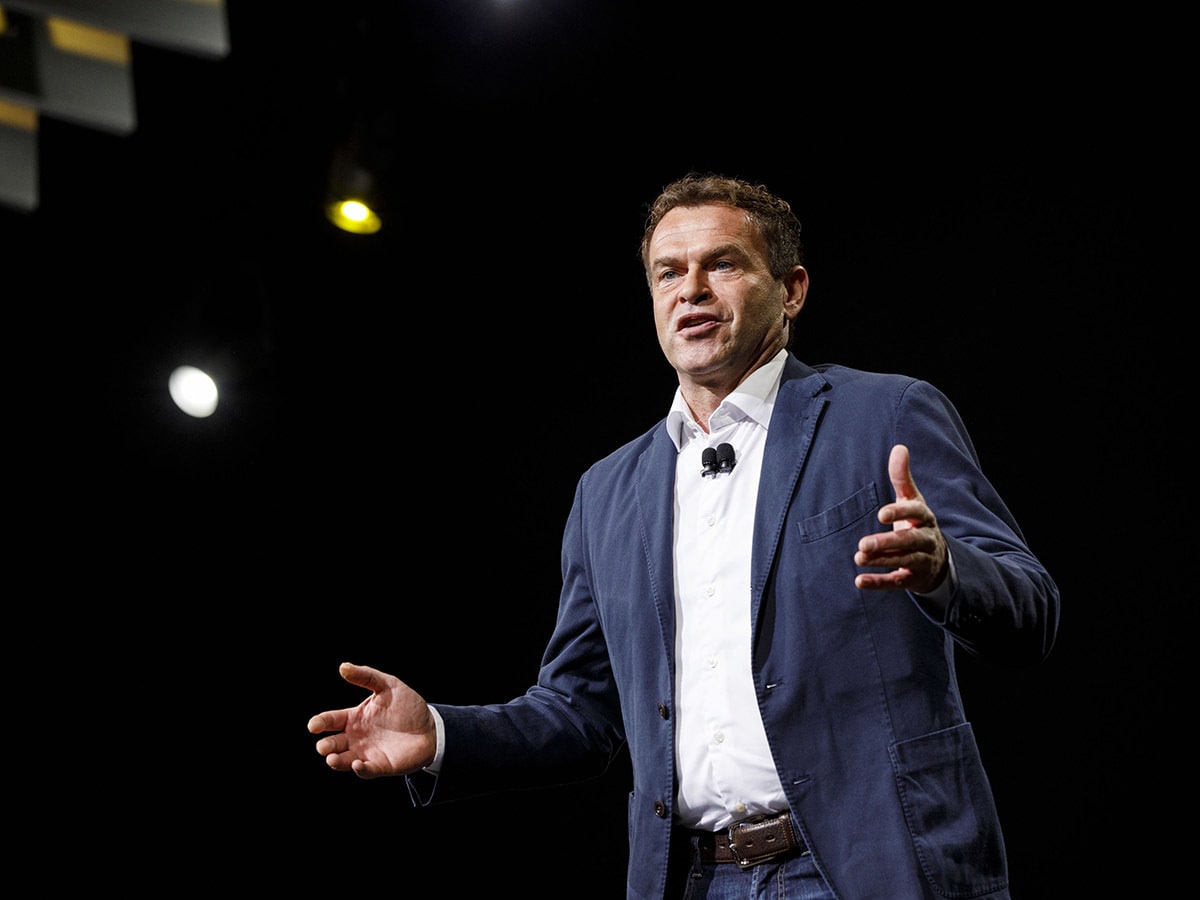As of 30 June’s close, Aston Martin's [AML] share price has dropped 85% in 12 months — a staggering decline for the luxury car maker. The stock was trading at 175.8p on 2 January, and it closed at just 49.4p on 30 June. The coronavirus hasn’t helped the company, as demand for luxuries has dropped and supply chains have been disrupted, but company results point to longer-term problems underlying more recent issues. Mounting losses and rising debts featured heavily in Q1 results.
Can a change in strategy and a new executive team shift Aston Martin's share price into high gear? If so, the current price could be a bargain for long-term investors.
How has Aston Martin’s share price performed recently?
Aston Martin posted pre-tax losses of £104.3 million for 2019, up a hefty 53% on the previous year. Revenues were also hit hard, falling 9% year-on-year. The manufacturer’s debt seems to be the only thing on the increase, up 56% year-on-year to sit at a cool £876.2 million. The publication of such dire results back in February sent Aston Martin's share price spiralling from 452.2p to 148.32p.
“Full-year results from Aston Martin are as ugly as you can get," commented Russ Mould, investment director at AJ Bell at the time.
£104.3million
Aston Martin's pre-tax losses for 2019 - a 53% rise from 2018
How has the coronavirus affected Aston Martin’s share price?
The car manufacturer’s first-quarter 2020 results offer a stark picture of how the coronavirus has affected Aston Martin’s share price, and its business in general. Total wholesale volumes dropped from 1,077 to 578, a decline of 45% from the same quarter last year. Revenue was hit even harder, falling 60% from £196 million to £78.6 million. Adjusted operating losses came in at £75.8 million, a notable increase compared with the £2.2. million in losses seen the year before.
Aston Martin’s share price and revenue have been affected by faltering demand in China — its second-biggest market in 2019 — and supply chain issues resulting from the lockdown. As the world economy begins to reopen, particularly the markets in Asia, sales could begin to pick up in the second half of the year. Still, 2020 results are likely to be brutal when they are released in 2021.
£75.8million
Aston Martin's adjusted operating losses in Q1 - versus £2.2m year prior
Can Aston Martin’s share price turn around?
Aston Martin is selling £260 million in new shares, in order to raise capital to fund its turnaround plans. It's also tapping $68 million in credit at a steep 12% interest rate. This latest round of fundraising is being led by new chairman Lawrence Stroll, who is also shaking up the names in Aston Martin’s boardroom.
Stroll has replaced previous chief executive Andy Palmer with Tobias Moers (pictured), former head of Mercedes's performance unit. The CFO chair is now filled by former Jaguar Land Rover executive Kenneth Gregor. Stroll describes Gregor as “the right finance leader for Aston Martin as we implement our strategy for the business to achieve its full potential”.
£260million
Valuation of Aston Martin's shares being sold
These new appointments will drive Stroll's plan to return Aston Martin to profitability. In the first quarter, Stroll emphasised the car manufacturer's multi-year plan to "bring new and exciting products to market to drive demand and build the Aston Martin brand." Should his new team successfully realise this strategy, Aston Martin's share price could move out of the slow lane.
What do the analysts think?
Of the 12 analysts offering ratings on the Financial Times, 6 rate it a Hold, 5 an Underperform and 1 a Sell. A 12-month average price target of 37.5p would see a 24.1% downside on Aston Martin's current share price (as of 30 June’s close). Given how far Aston Martin's share price has fallen, the stock could be a bargain at its current price. However, any possible rally will depend heavily on a returning appetite for luxury cars, and a post-coronavirus recovery in the wider economy.
| Market Cap | £918.389m |
| Operating Margin (TTM) | -7.86% |
| EPS (TTM) | -87.60 |
| Quarterly Revenue Growth (YoY) | -59.90% |
Aston Martin share price vitals, Yahoo Finance, 1 July 2020
Continue reading for FREE
- Includes free newsletter updates, unsubscribe anytime. Privacy policy





